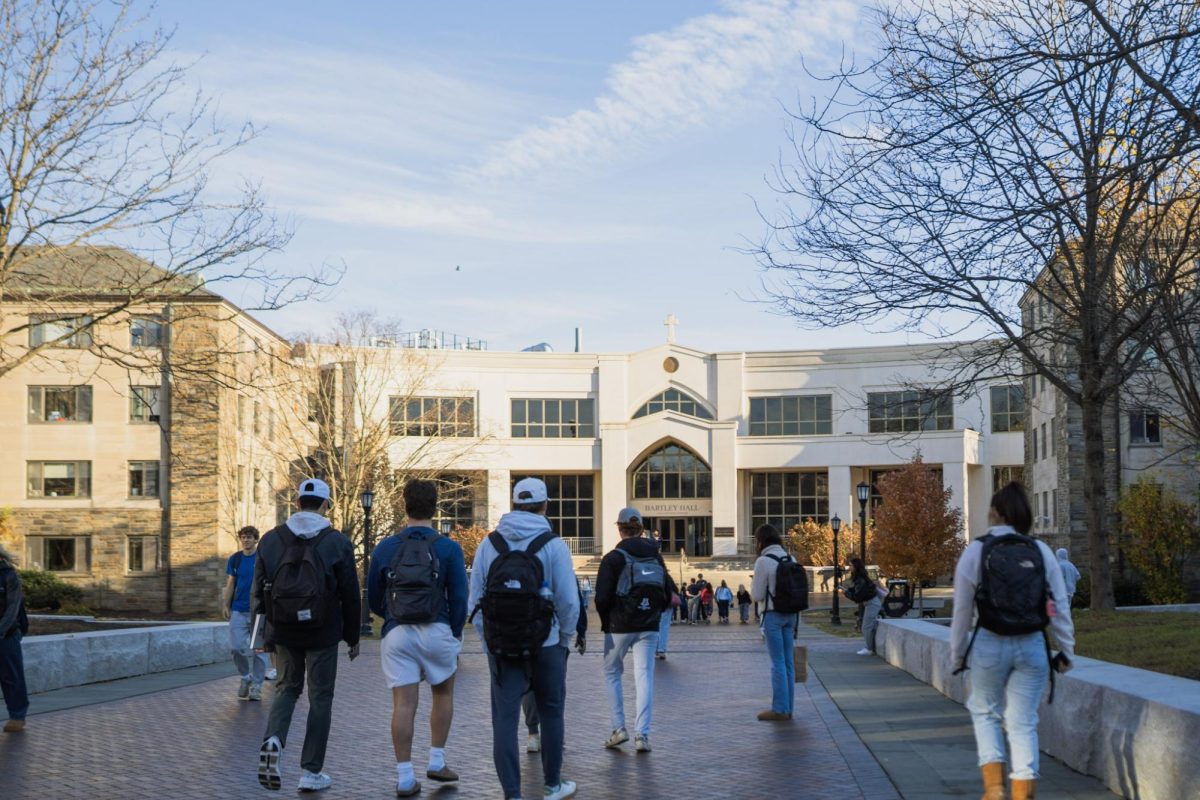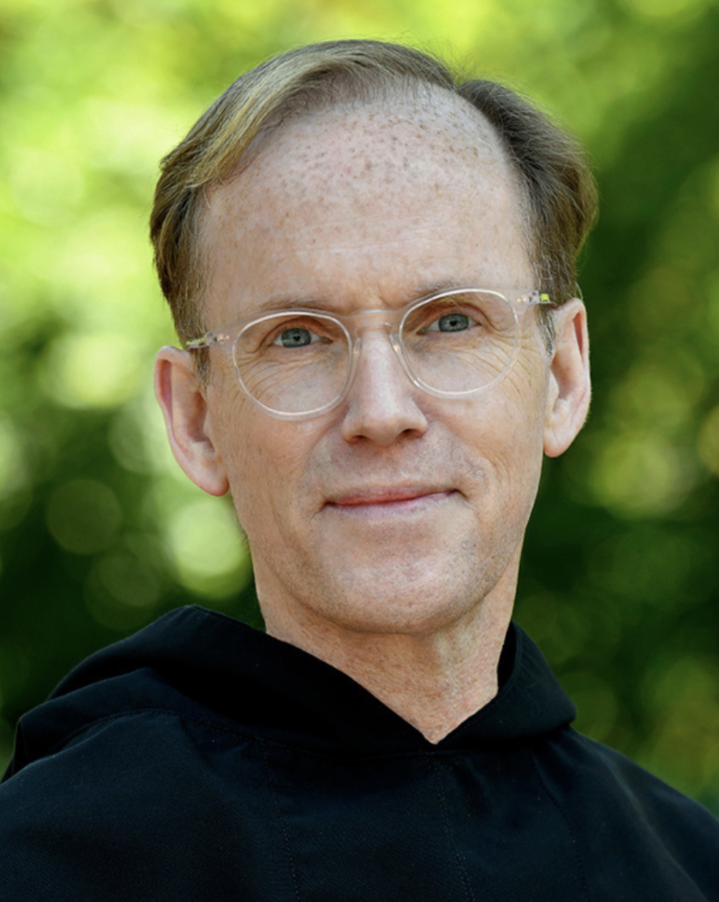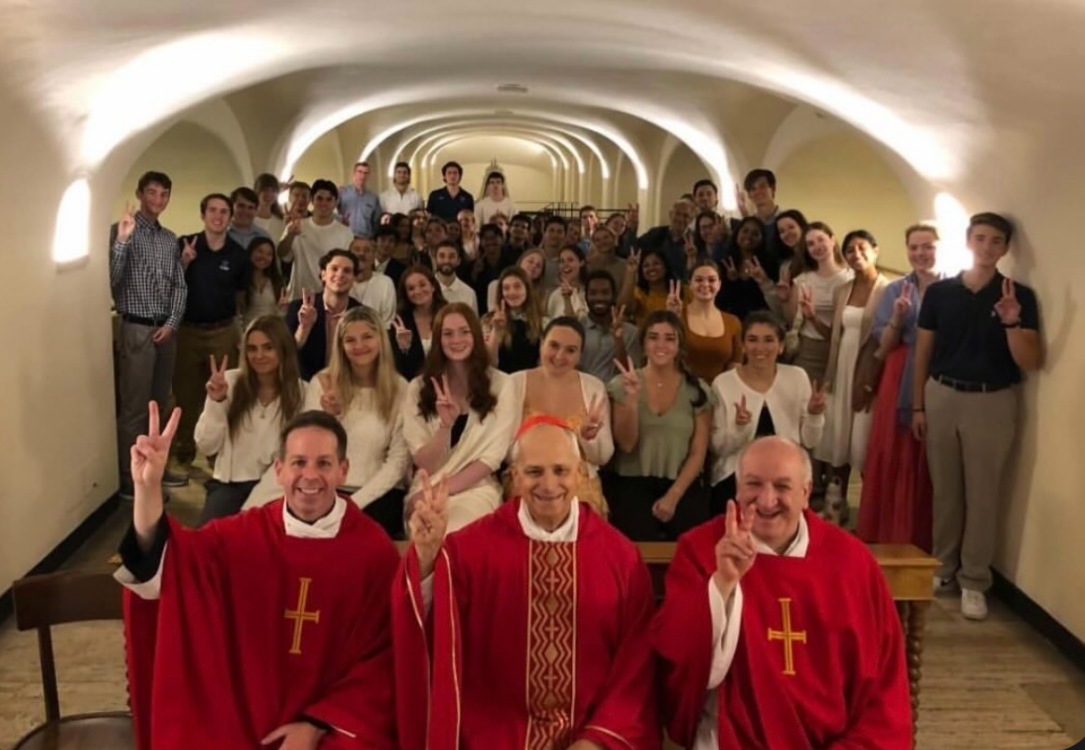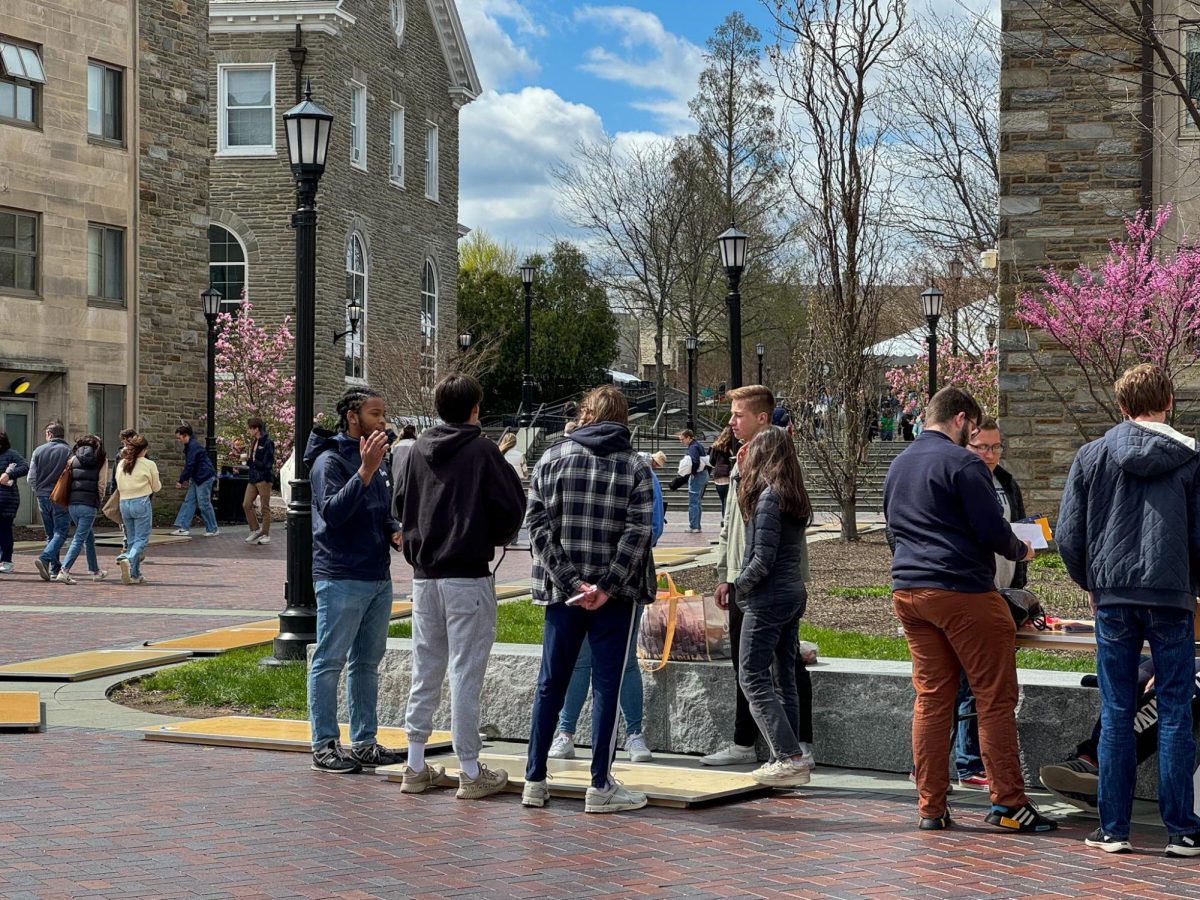Two weeks ago, Donald Trump was elected as the 47th President of the United States of America. President-Elect Trump won with 312 electoral votes, defeating Kamala Harris, who had 226 electoral votes. Villanova students, faculty and staff were passionately involved in this election, on both sides of the aisle. The Villanovan asked professors about their reactions to the results of the November elections and Villanova students’ involvement in the elections.
First, professors were asked about their general response to the election results. Chair of the Political Science Department and associate professor Dr. Camille Burge-Hicks reported her expectancy of these results. As a race and politics scholar, Burge reflected on the likelihood of Harris being elected.
“Some of the things I look at as a race and politics scholar is looking at Black women that have won statewide offices, like gubernatorial and Senate races,” Burge said. “No Black women governors. Very few Black women senators. Very few to date. What are the prospects of Kamala Harris as a self-identified Black woman winning this statewide race?”
Like Burge, assistant professor in the Political Science Department and former Congressional staffer Dr. Erin Lauterbach also mentioned statewide and legislative races.
“As someone who worked in, and now studies Congress, the legislative branch is always my focus on election night,” Lauterbach said.
Lauterbach discussed the issue of split-ticket votes in this election.
“One of the things that caught my eye this year was the split-ticket voting,” Lauterbach said. “There were several states that voted to send Trump to the White House but a Democrat to the Senate. Split-ticket voting is not new in American elections, but we have seen a decline in the practice in the last couple decades. Our current political landscape is highly polarized and we have also seen a rise in negative partisanship, both of these things should decrease the likelihood of split-ticket voting.”
Associate professor in the Department of Communication Dr. Billie Murray expressed disappointment with the results of the election.
“I think like many folks who are committed to democracy and the equality of treatment for all peoples, this result is incredibly disappointing and, to be honest, a bit scary,” Murray said.
She also spoke about ambitions for the future.
“I believe there is a long road ahead, but one that we can make it through if we work together in solidarity and with care for each other,” she said.
To make sense of election results, Burge mentioned past presidential elections and candidates. She mentioned Harris’s likelihood of becoming the first female president in comparison to Clinton in 2016.
“Thinking about coalitions from 2016 and 2020, let’s think about who Hillary Clinton lost that Joe Biden was able to pick up, like working class white men,” she said. “What are the prospects of Kamala being able to pick up those groups?”
Burge questioned the likelihood of a multiracial candidate to get a majority of white women’s votes when they didn’t even support Clinton in 2016. She acknowledged that the majority of white women have not supported democratic presidential candidates since the 1970s.
Assistant professor of political science Dr. Daniel Mark also reflected on the election results.
“My general reaction is that I am thankful that we live in a country where we decide political questions with ballots not bullets,” Mark said. “I am grateful that our regular elections are not marred with violence and similar conflict.”
The Villanovan also asked professors about how they approached election discussions in their classes. Murray and Burge mentioned having class discussions about politics and voting.
“We had an open conversation on what happened,” Burge said. “We are a two-party nation. Some people will agree with you. Others will not. My goal is to provide students a space to discuss what happened and how they felt, regardless of what side of the aisle they might be on.”
Similar to Burge, assistant professor in comparative and Irish politics, Dr. Cera Murtagh discussed how she tackled the election in class.
“I did a free-writing exercise where students could write freely without having to share their responses unless they wished to do so,” Murtagh said. “I also invited students to reflect on any forms of political participation or community that this election had opened up for them.”
Murtagh told The Villanovan she was incredibly impressed by students’ emotionally intelligent and constructive responses.
Murray echoed Burge and Murtagh’s efforts.
“In my classes, we talk about the election/voting as just one small action in a much broader landscape of practices that make up a democracy,” Murray said.
Murray discussed students’ emotions and her reflection on students’ reactions.
“I know many students are upset, especially if this was their first time voting,” Murray said. “I have talked to those students about the fact that democracy lives in the local. It isn’t just about voting and never has been. It is made up of all of our efforts in our communities to build power and live more equitably and democratically in our daily lives.”
Like Murray, Lauterbach and Murtagh acknowledged the wide range of emotions and opinions students may possess.
“I want to be mindful of the wide range of emotions that exist in a class of 30 students,” Lauterbach said. “This semester in my American government class I had students brainstorm how they would participate in government between now and the next election, connecting course material to concrete steps that they can take to hold the government accountable regardless of whether their preferred candidates won.”
“Regardless of one’s feelings about the outcome of this election, this was a major political event, especially for our students, many of whom were first-time voters,” Murtagh said. “I allowed time in my post-election classes for students to process some of the emotions they were experiencing about the election.”
Murray also spoke about future actions for students who felt disappointed.
“Find your community. They will show you how much good there is in service to others, how we need to lean on each other, lift each other up and live lives of honesty and justice,” Murray said. “That is our way forward, and it will sustain you.”
Oppositely, Mark noted that generally, he did not interrupt class material to discuss the election in class.
“Generally, I do not interrupt the regularly-scheduled learning in my classes for current events,” Mark said. “We often discuss current events where they are relevant to the material we are studying, but I do not go out of my way to discuss the election in my classes.”
The Villanovan also asked professors about their experience on election day and seeing so many students turn out to vote. Professors reported positive emotions seeing so many students turn out to vote. Burge, Mark and Lauterbach mentioned the long lines outside of the Mullen Center.
“Although I do not personally vote at Villanova, I did notice a long line upon arriving on campus the day of the election,” Mark said. “I think it is important for people to exercise their rights and vote, and I am always happy to see people develop habits of civic-mindedness.”
“The line was wrapped around the building, and I was just thrilled. I think it was really encouraging to see so many students not just turning out to vote but waiting in line to vote,” Burge said.
“While I wish nobody would ever have to stand in line for hours to vote, I am always excited to see people turn out,” Lauterbach said.
Similarly, Murray and Murtagh told The Villanovan that their students gave them hope for the future.
“It is my students that give me hope and I am very proud of all they have done and will do to change their communities for the better,” Murray said.
“I was so proud to learn of the high turnout on campus and students’ dedication to the democratic process,” Murtagh said. “I hope that students continue to stay active and involved in politics via elections and other outlets.”
“Even though this feels like a large setback, I know that it is the amazing students at Villanova and ones like them across the world that will make our world a more just and peaceful place,” Murray said.







